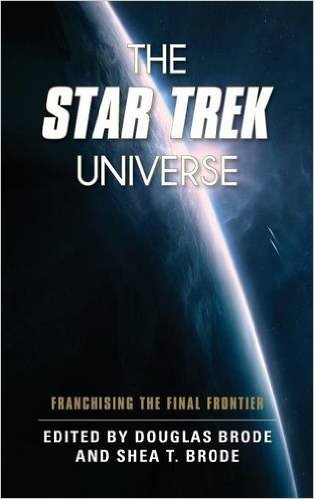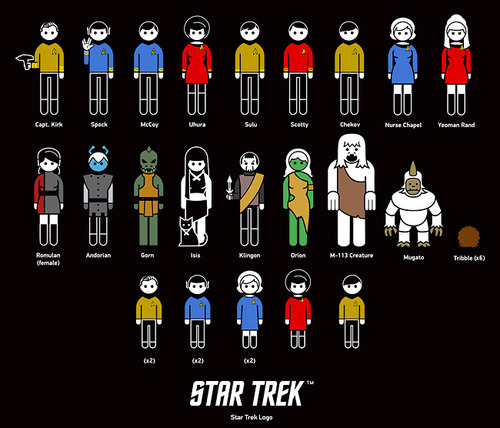Fontana wanted the primary female character [in ‘Friday’s Child’] to be the polar opposite of how women were routinely portrayed on television at the time. Eleen was both cunning and deceitful in her efforts to prosper in a ruthlessly male dominated society. And the last thing she wanted was to care for another.
‘My feeling was that not all women are mommies,’ Fontana said in an interview for [These are the Voyages: TOS Season 2]. ‘Some women do not like their children; some women do not want to have their children; some women abuse their children, and that was a very real fact for me. I knew that, and I wanted to subtly bring it out, not that you can beat up a kid on screen, obviously, but she [Eleen] was willing to sacrifice her child for her own life. She was a selfish woman.’
These are the Voyages: TOS Season 2 by Marc Cushman with Susan Osborn.
“Friday’s Child” was one of the most interesting discussions for me as a feminist in These are the Voyages Volume 2. Apparently, in D.C. Fontana’s original version of the story, Eleen gets pregnant by cheating on her husband, “is willing to let [Maab] kill the baby in exchange for getting her to live. Kirk and company are captured while attempting to rescue the infant. In the end, Eleen actually outfoxes herself and is executed for adultery.”
Fontana was very displeased by Roddenberry’s changes to her script, including making Eleen motivated by her beliefs rather than self-interest.
“Gene wanted the traditional woman-has-baby, loves-baby, automatic, no question about it, will do anything for child,” said Fontana.
Gene Roddenberry was also the one who added in the taboo about touching Eleen, and the scene where McCoy slaps her after she keeps refusing to let him examine her. Obviously that’s pretty horrifying and I’m sure I’ll get into it when I do my actual episode review in the near future.
I really appreciate what Fontana was trying to do by putting in some more complicated women, but trying to envision what her version of the episode would’ve looked like, I don’t know that it would be that much easier to watch from a modern perspective. Instead, by having Eleen be a clear negative example – selfish and punished at the end, it might have just reinforced that even though “not all women are mommies,” being a “mommy” is still what all women should be.









